Placements
Together with our partners at Gloucestershire Constabulary, we support students who wish to apply to become a Special Constable alongside their studies. We offer support through the recruitment process and flexibility to meet the training requirements of the constabulary.
All students on the course will participate in the investigation of real cases as part of the compulsory modules. This is in effect a placement as it is real-world work experience that is not offered as part of a degree programme anywhere else.
The Student Futures Team are well connected to industry and have placement opportunities for students wishing to volunteer and develop skills to increase their employability upon graduation.
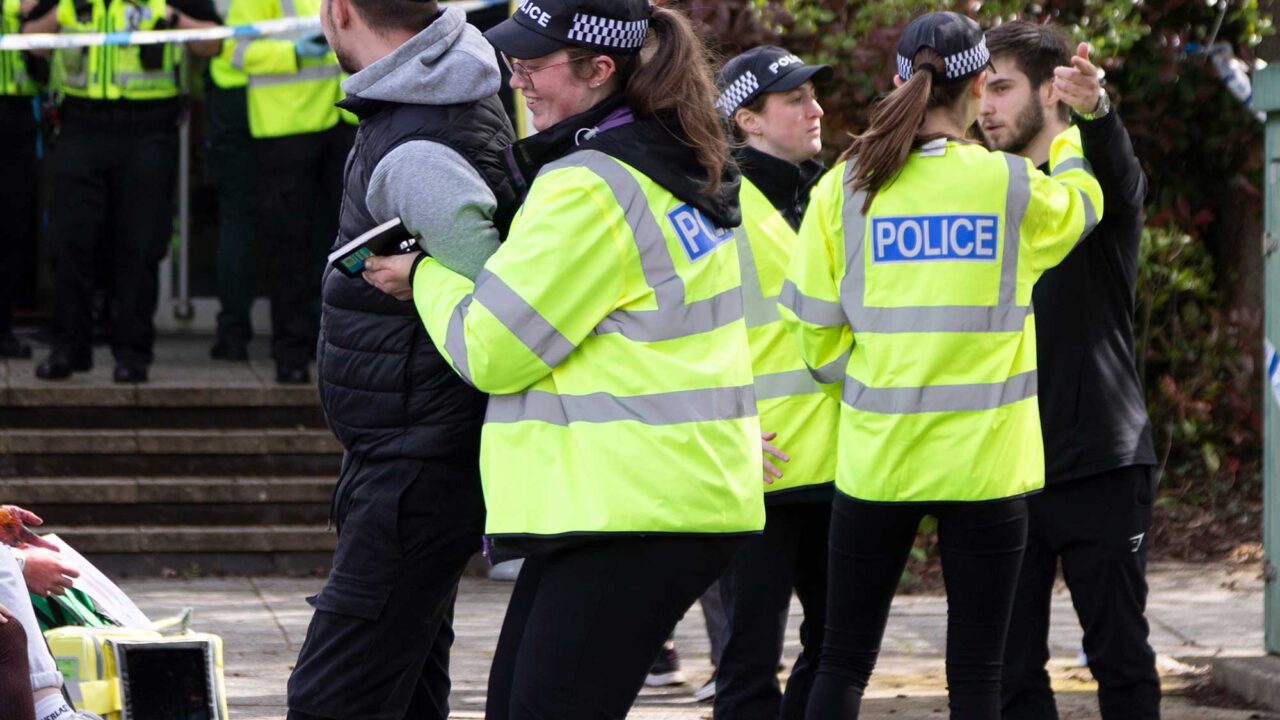
Trips
You’ll visit police control rooms where 999 and 101 calls from the public are handled and officers are dispatched to calls on the radio – the starting point of many criminal investigations.
You’ll visit police custody and Crown Court, meeting our resident judge and watching ongoing criminal proceedings taking place.
Students are able to immerse themselves in the real-world and meet practitioners in policing and criminal justice. This helps to reinforce and consolidate learning as well provide insight into potential future careers.
At your own cost you can opt to participate in our foreign field trip to Bosnia Herzegovina where you learn about conflict, post-conflict society, genocide, sexual offences by persons in a position of trust, and much more.
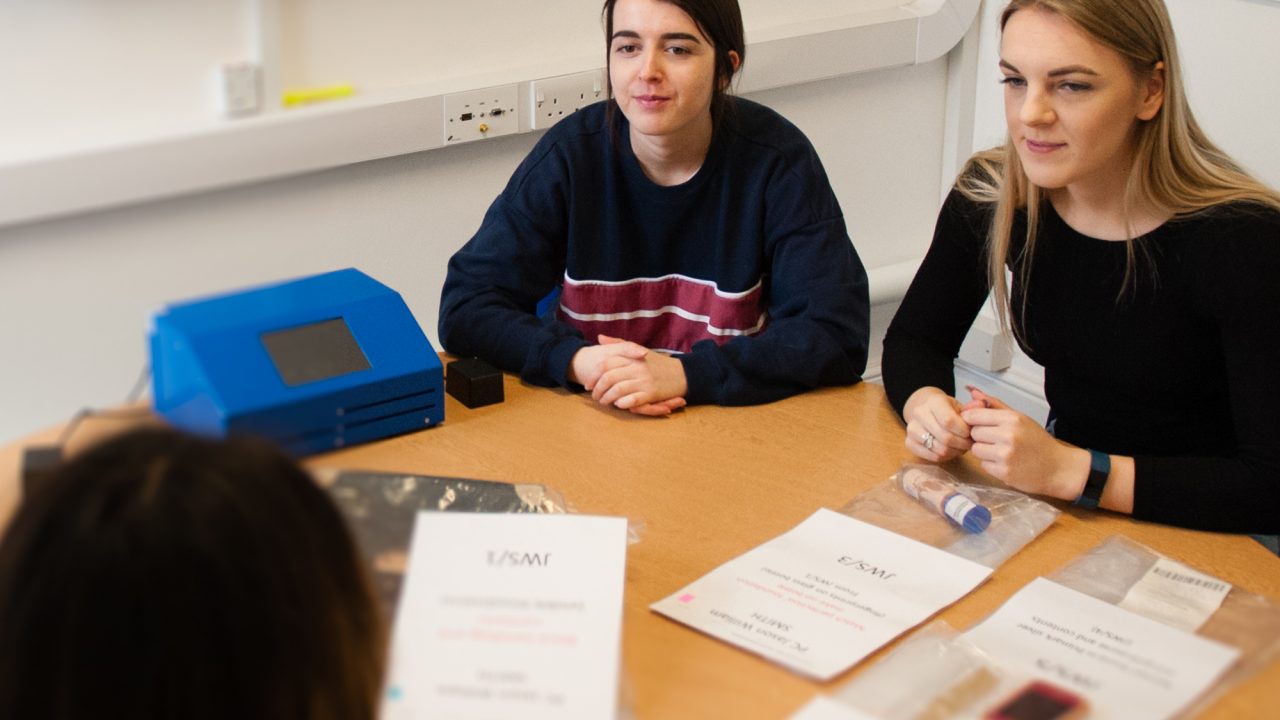
Experiences
You have guest lecturers who are practitioners in their fields, including police leaders, detectives, and experts in specialist fields such as domestic homicide, safeguarding and disaster victim identification.
Our immersive practical simulations are a great way to work in groups and really understand what you are learning. These are conducted in each year of your study on multiple modules and makes up a large portion of our approach to your learning journey.
We run large-scale multiagency major incident simulations across multiple courses supported by practitioners from industry annually.
You’re able to connect with and study alongside students from different social science disciplines such as criminology, sociology and policing. Having discussions incorporating multiple perspectives enhances your learning journey and encourages critical thinking.
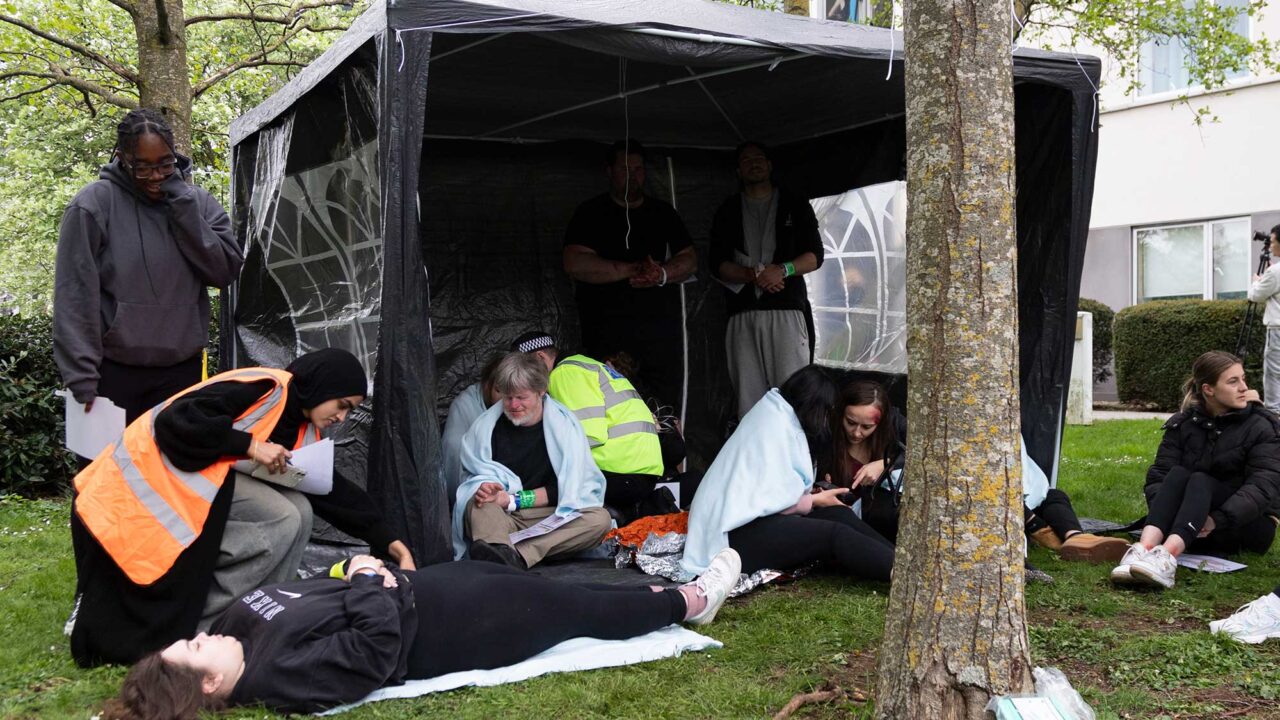

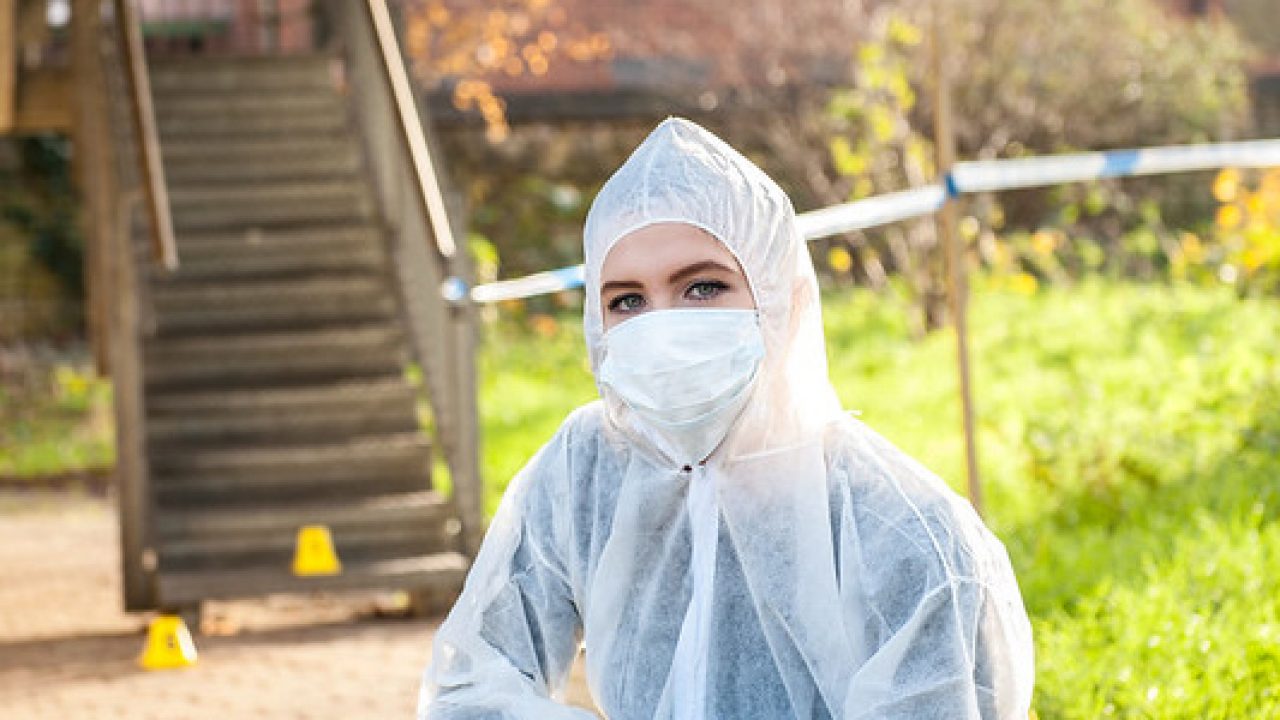






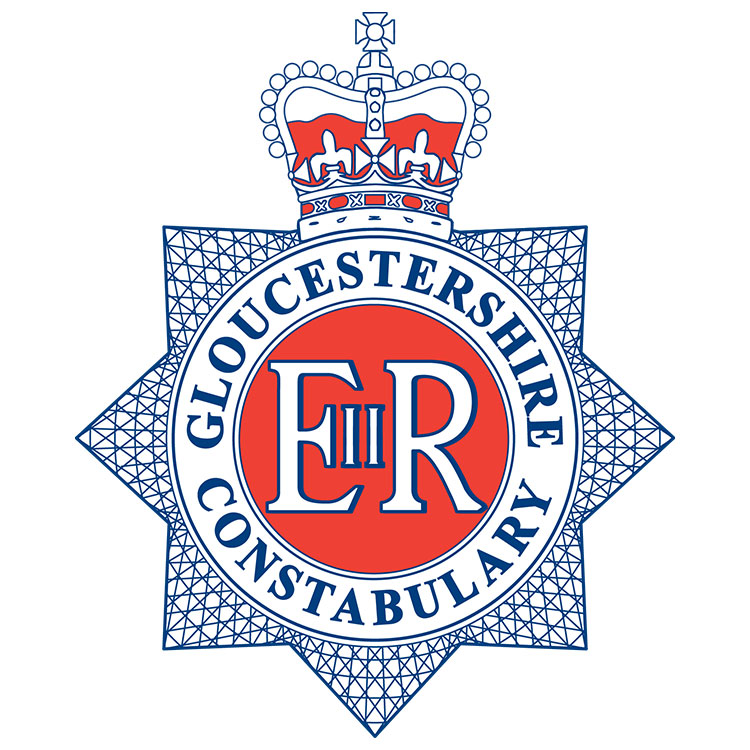



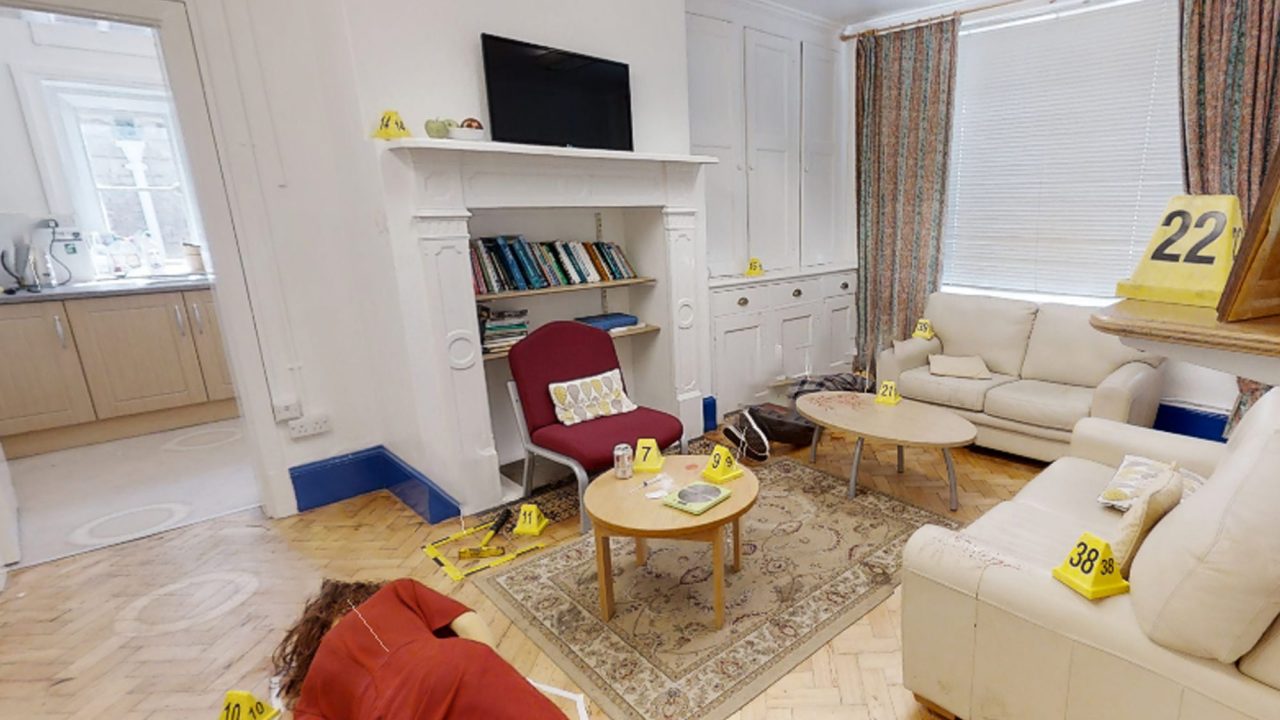

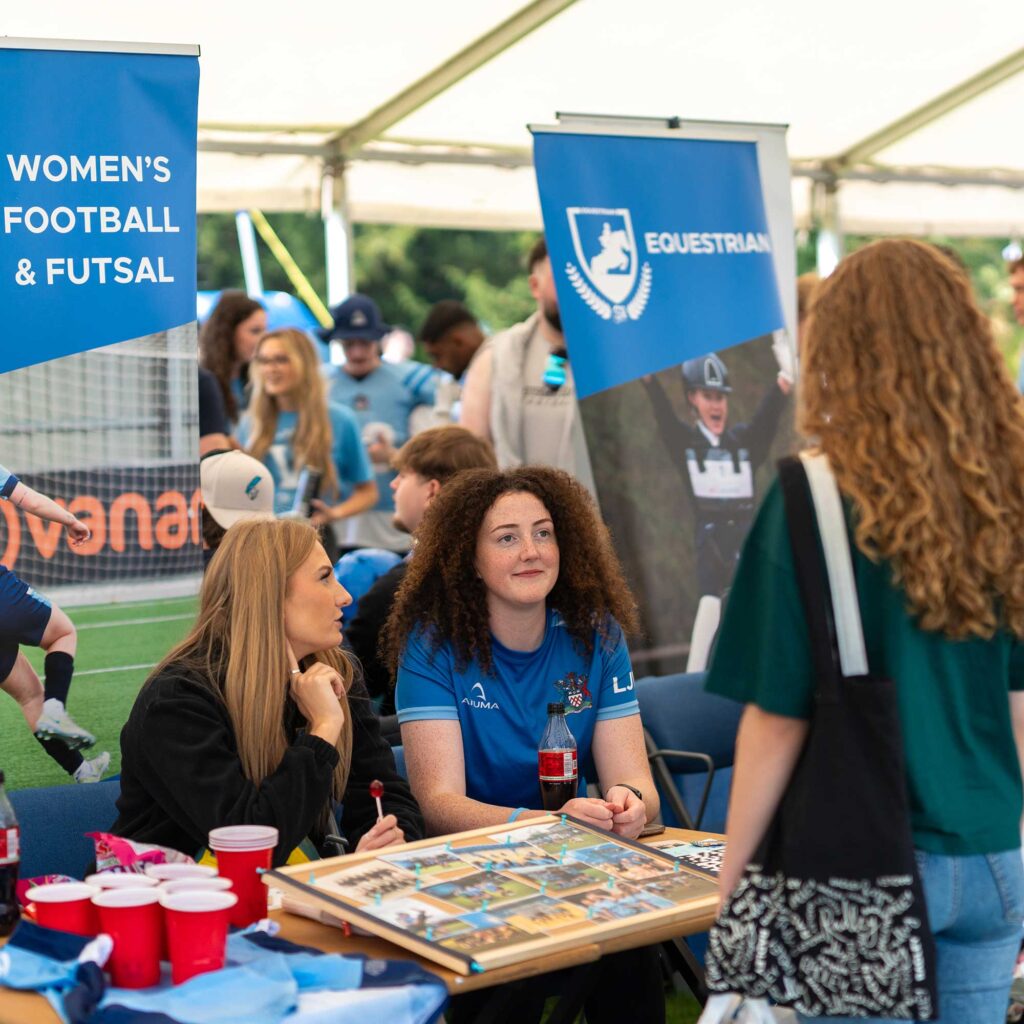
; ?>)